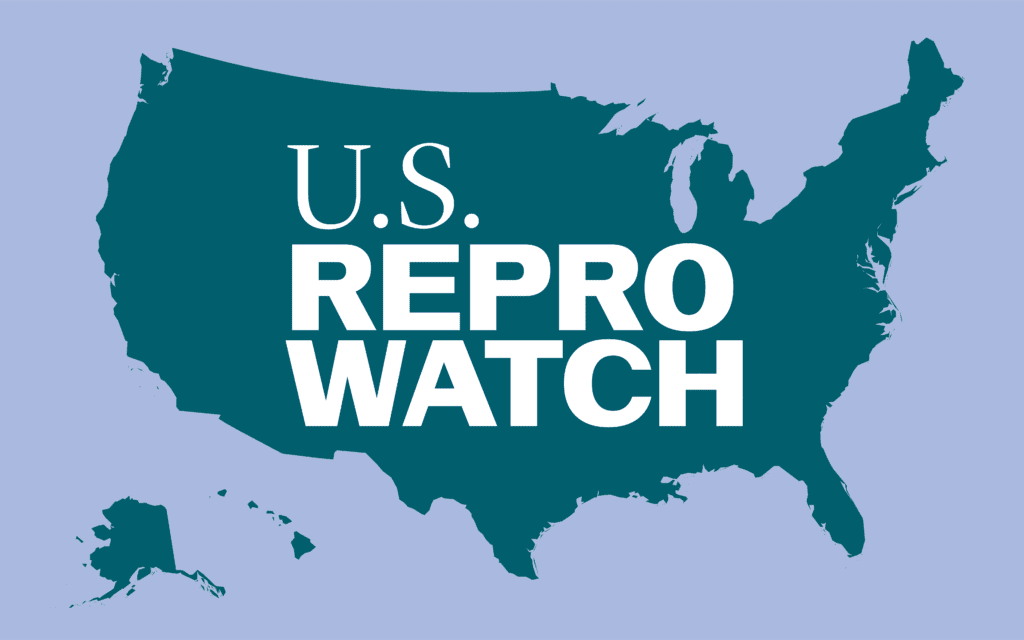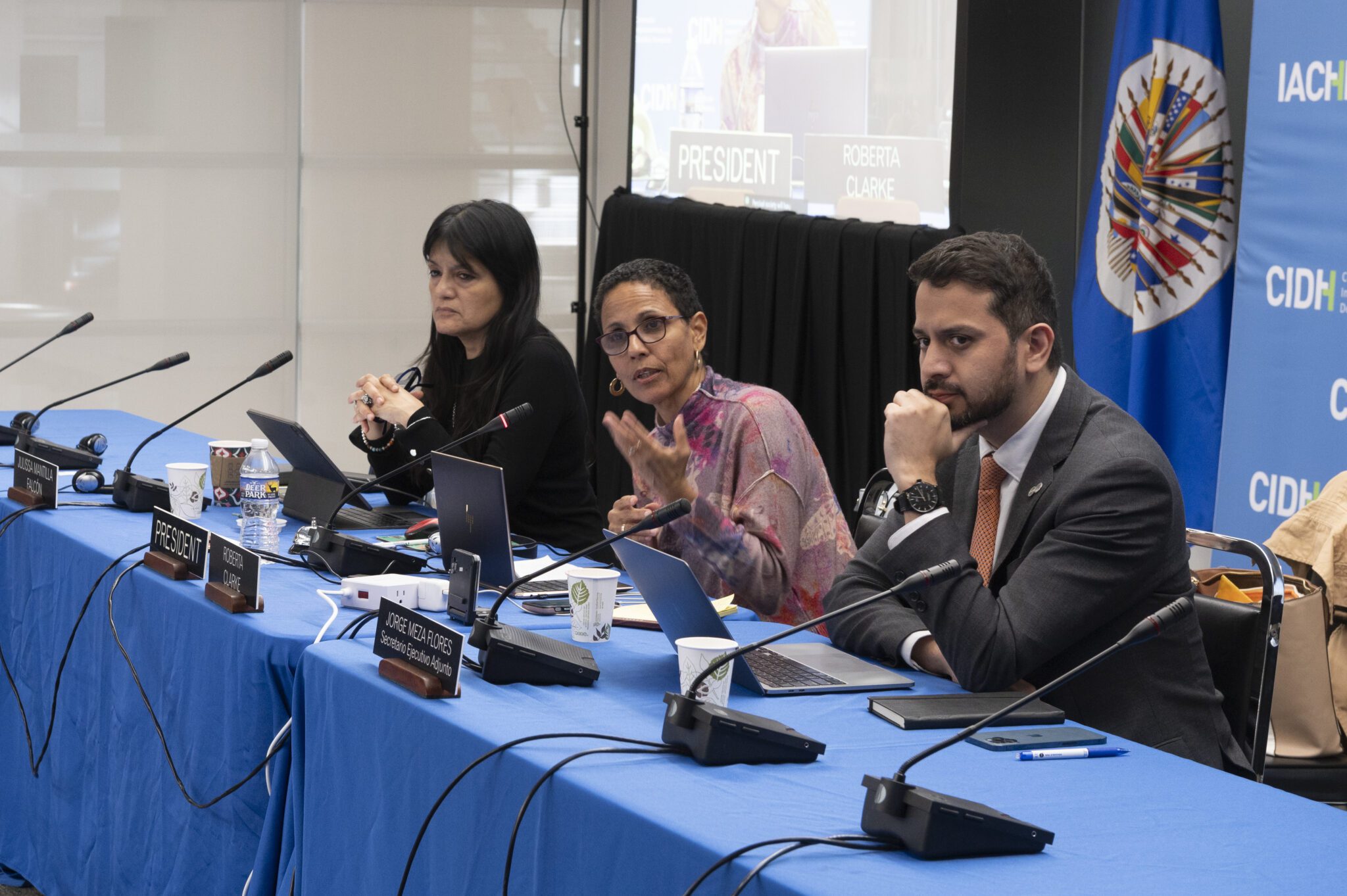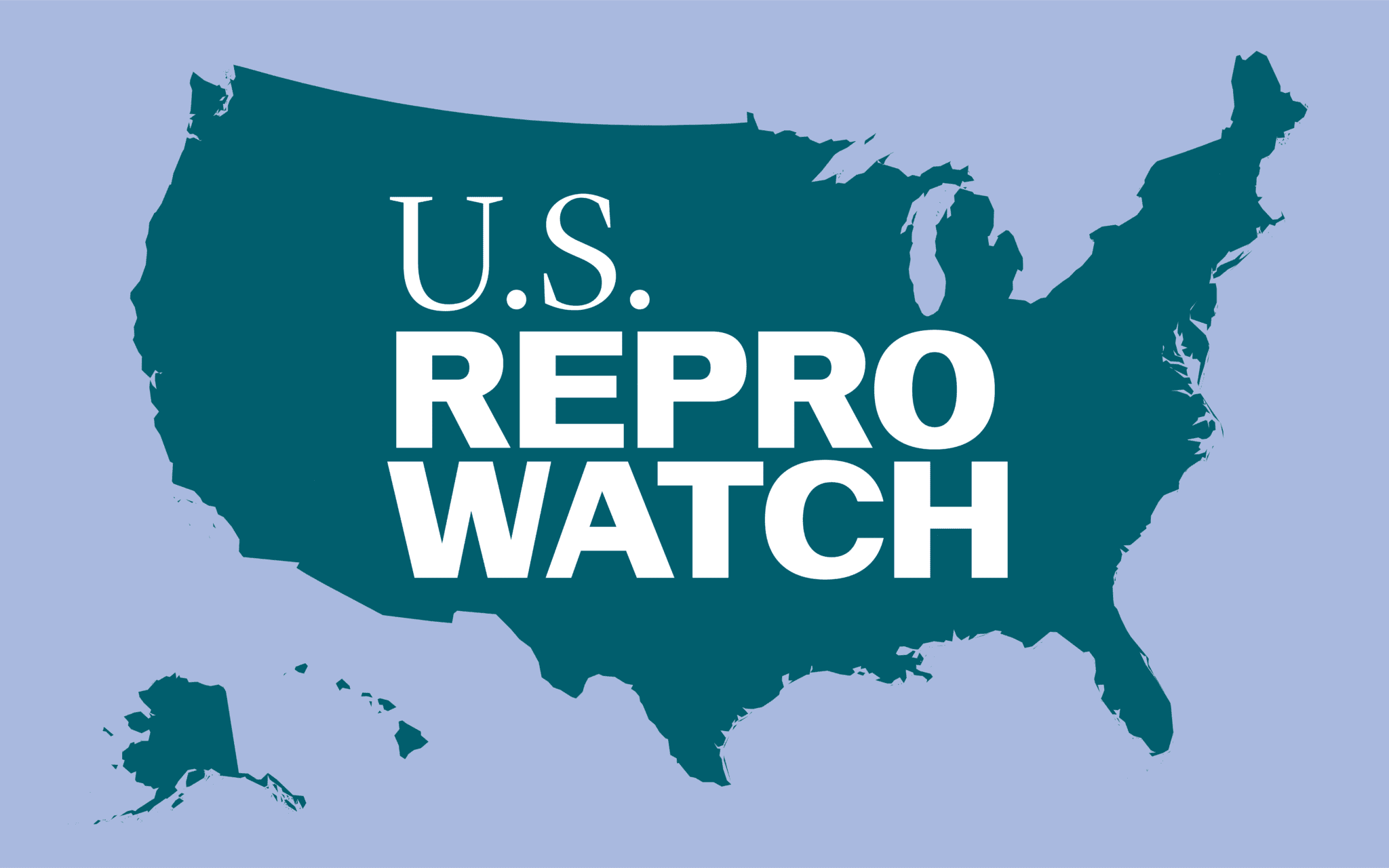U.S. Repro Watch, November 17
More women join lawsuit against Texas, the U.S. Supreme Court's vision of inequality, strong voter support for abortion rights, and other news on U.S. reproductive rights.

U.S. Repro Watch provides periodic updates on news of interest on U.S. reproductive rights. Here are a few recent items you won’t want to miss:
1. Seven more Texas women joined a Center for Reproductive Rights lawsuit against the state after being denied abortion care despite facing severe and life-threatening pregnancy complications.
- Since the Center filed the lawsuit against Texas in March, several more women have come forward to tell their stories about being denied abortion care. The case, Zurawski v. State of Texas—now with 22 plaintiffs—seeks to clarify the scope of Texas’s “medical emergency” exception under its extreme abortion bans.
- Read the new plaintiffs’ stories here.
Read more.
Case Against Texas Heads to State Supreme Court November 28
The number of women harmed by the state’s abortion bans continues to grow, with seven new plaintiffs.
2. “The Conservative Supreme Court Vision That Means Inequality for Women,” an essay in The New York Times, discusses the link between the Court’s cases on gun rights and abortion rights.
- In the Times essay, Melissa Murray and Kate Shaw, law professors and hosts of the Supreme Court podcast podcast “Strict Scrutiny,” argue that the Court’s focus on upholding “history and tradition” in recent cases like Dobbs causes it to disregard other constitutional values—such as women’s equality and equal citizenship.
- “There does not seem to be a consensus around articulating a more reasonable constitutional test,” wrote the authors days after the Court heard arguments in the gun rights case, U.S. v. Rahimi. “Instead, the court seems determined that these battles take place on a landscape marked by a history that men made.”
- U.S. v. Rahimi centers around whether perpetrators of domestic abuse can be temporarily disarmed. The Center’s amicus brief in the case, cited in the essay, argues that allowing domestic violence perpetrators to carry guns would exacerbate the U.S.’s already colossal maternal and reproductive health and rights crisis.
Rights Violations of U.S. Abortion Bans Explored by the Inter-American Commission on Human Rights
“The lack of access to reproductive health services. . . is a dangerous and deadly practice.” —Commission President Roberta Clarke
3. A federal court in Idaho blocked a state law that would have made it more difficult for young people to access abortion care.
- The law, blocked November 8, makes it a crime to help a pregnant minor obtain a legal abortion. In her ruling, the judge wrote that Idaho cannot “craft a statute muzzling the speech and expressive activities of a particular viewpoint with which the state disagrees under the guise of parental rights.”
Did you know?
Voters across backgrounds are showing support for abortion rights, as evidenced in the recent results in Ohio, where voters enshrined abortion rights in their state constitution. “Americans want to preserve or restore Roe-like protections. In contest after contest. . . voters decisively chose abortion rights over limitations — even in deep-red pockets of the country,” reports Politico.
In response to their losses on this issue, anti-abortion groups are ramping up efforts to restrict the ability to vote directly on abortion rights ballot measures.
U.S. Repro Watch
Read previous U.S. Repro Watch posts.
Coming Up
November 28: Texas Supreme Court Oral Arguments in Zurawski v. State of Texas
- At the hearing, which will be streamed on the Texas Supreme Court YouTube page, the Court will hear arguments on Texas’s appeal of an August ruling blocking the state’s abortion bans as they apply to dangerous pregnancy complications. The case was brought by the Center on behalf of Texas women denied abortion care and Texas physicians.


